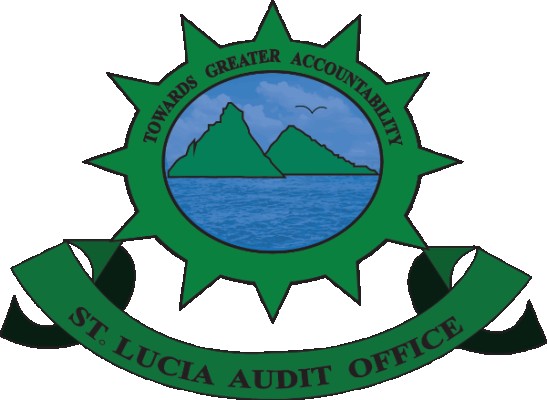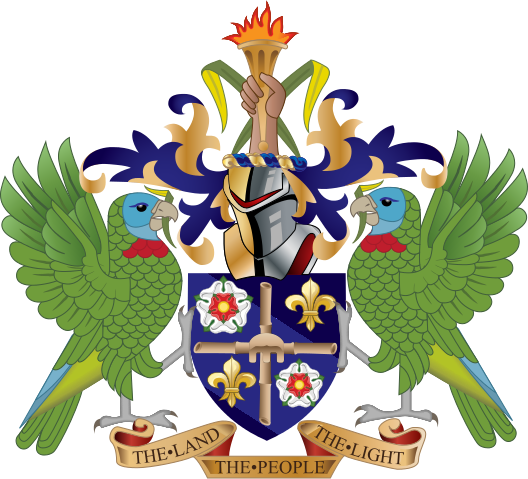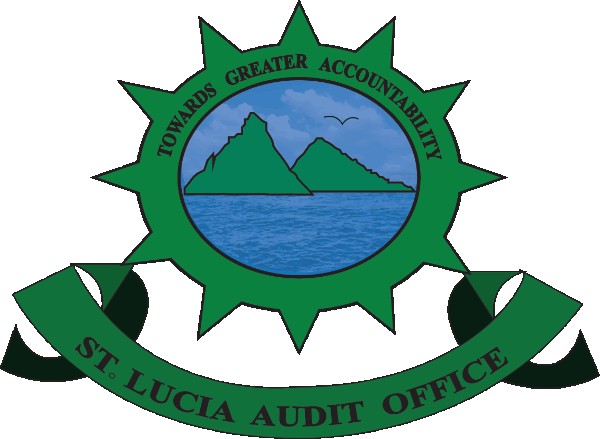BACKGROUND
The Caribbean Organization of Supreme Audit Institutions (CAROSAI) was established on August 7, 1988, for the purpose of strengthening public sector accountability through the promotion and enhancement of exchanges and cooperation among participating member institutions. The organization facilitates these exchanges through the convening of congresses, workshops and seminars which are designed to:
- promote the importance of the internal audit function amongst public sector entity professionals;
- increase the exchange of knowledge and experiences among members;
- provide training and continued professional development opportunities;
- promote the harmonization of policies, auditing practices and standards;
- strengthen cooperation among member institutions
In addition to the key function of training, CAROSAI is also responsible for:
- the establishment of committees to study specific subjects and to provide recommendations thereon;
- the promotion of research and publication of articles in relation to auditing;
- the leveraging of donor funding to support countries in the implementation of their programme
CAROSAI is an affiliate of the International Organization of Supreme Audit Institutions (INTOSAI). The Secretariat is located in Castries, St Lucia.
OBJECTIVES AND FUNCTIONS
The objectives of the CAROSAI as outlined in the Charter are:
- To promote understanding and co-operation among members institutions through the exchange of audit ideas and experiences, audit techniques, audit programmes, audit manuals, formats and standards for public sector accounts and training in public sector accounts and audit.
- To promote the importance of the internal audit function within the public sector.
- To provide opportunities for training and continuing education for public sector internal and external auditors with a view to improving the quality of their performance.
- To encourage dialogue with regional training institutions with a view to obtaining assistance with research personnel.
- To serve as an information centre and as a regional link with INTOSAI and other international and regional organisations and institutions in other parts of the world in the field of public sector auditing.
- To promote closer collaboration and brotherhood among auditors in the public sector of the respective states of the member institutions.
- To raise the level of audit consciousness in the Caribbean area in order to support the role of the Institutions in performing their duties.
- To promote the unification of principles, procedures, standards and financial terminology in matters of auditing.
- To promote the harmonization of standards and policies among member institutions in matters of common interest.
- To promote the application of Comprehensive Auditing.
- To promote the exchange of audit personnel within and/or without the Caribbean Region.
- To do anything that is necessary or incidental to the carrying out of the objectives specified in paragraphs 1-11 above.
The functions of the CAROSAI include the following:
- To organize congresses, seminars and workshops for the exchange of ideas and experiences in the field of public sector auditing.
- To establish committees to study specific subjects and submit proposals and recommendations regarding them.
- To assist member countries who wish to enhance the professional capacity of their existing audit institutions.
- To encourage and to promote research and publication of articles in relation to auditing.
- To provide a coordinated, regional base to enhance the approach to sources of funds for support of the regional audit institutions and of their programmed.
- To act in collaboration with other organizations with similar aims and objectives to facilitate the achievement of the objectives.
- To do anything that is necessary or incidental to carrying out the functions specified in paragraphs 1-6 above.
- Planning
Determining audit scope, timing, objectives, criteria, methodology to be used and resources required to ensure that the audit covers the most important organizational functions and processes. - Execution
- Collecting evidence that is appropriate in quality and quantity based on audit objectives, criteria and methodology developed in the planning phase. This phase is carried out by applying audit techniques for:
- testing and evaluating controls;
- identifying effects and determining causes; and
- developing conclusions and recommendations
- Reporting
- Communicating the results of the audit to senior management and reporting to the legislature.
- Planning








